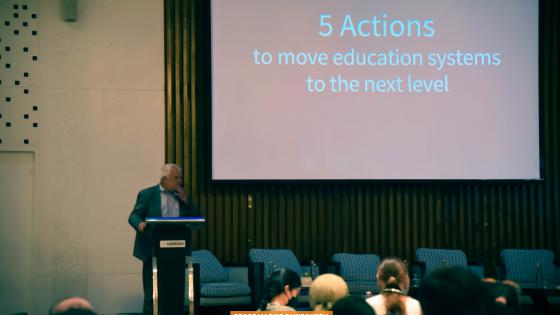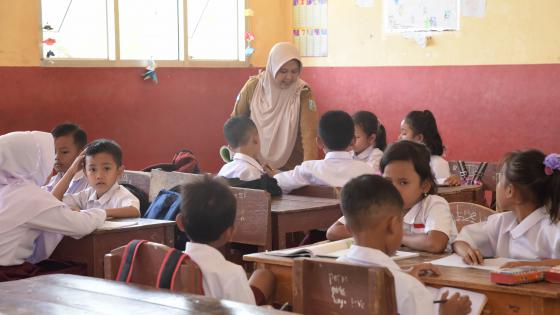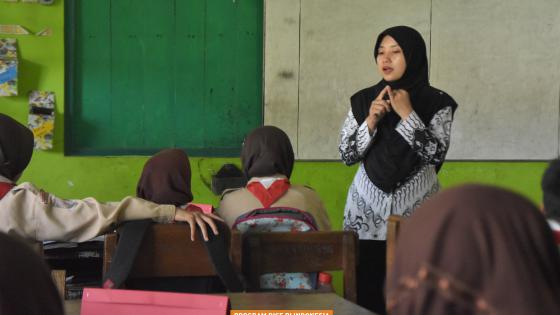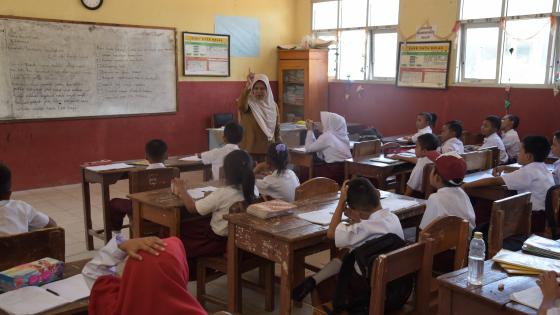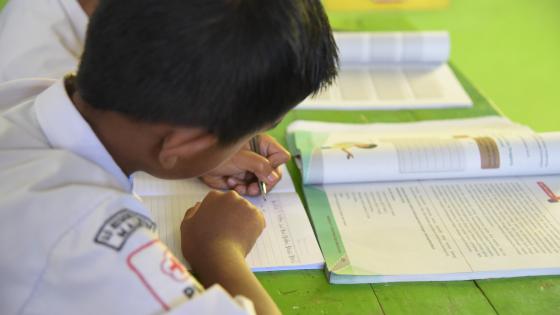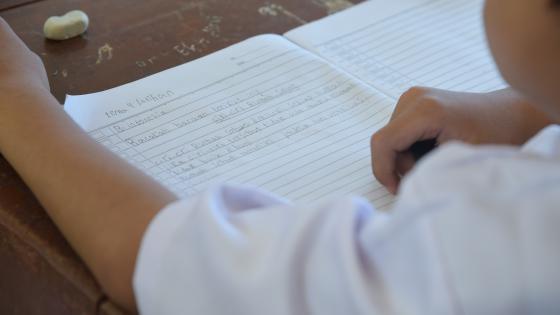Photo illustration: Novita Eka Syaputri
This article is part of the Teachers' Notes series on "What the beginning teachers would change if given the opportunity to transform regulations or policies in the field of education".
If I were given the opportunity to transform regulations or policies in the field of education, I would change the way of assessing knowledge, which has been in the form of conventional questions (multiple choices, short entries, descriptions, and others). The existing mode is all right but does not fully measure the breadth of student knowledge, how well their problem-solving skills are, and how creative they are in answering questions or solving problems.
Understanding the Way Students Think
The current curriculum does support student skills assessment, but it has not been optimised due to time constraint. A student felt inferior because his peers regarded him as “less capable” when he got low score in natural science. The student even could not sleep until near the exam time.
One day, our class had a science project about energy transformation in everyday objects, and the student proved himself to have a particular way of thinking beyond his peers. When other students mentioned simple objects, such as the change of electricity into heat in iron, he instead explained how the food he gave to his hamster affecting the animal's kinetic energy. He concluded that chemical energy could affect the kinetic energy of his hamster.
This incident made me realise that someone's mind cannot be restricted to the established basic competency standard. The child might not understand how a blender works or why a lamp can light up because, at that time, he was fascinated by his beloved hamster. So, when many people thought he was not good at natural science, should I agree to that?
Encouraging Teachers to be Creative and Productive
The current curriculum is not bad, but it would be wonderful if students were given a chance to do what they want, to learn the subjects they love, and to present what inspire them in front of their friends so that every child could stand out among their peers for the things they love. There are many ways to facilitate this, including project-based learning, problem-based learning, or others from the teacher's creativity.
Indeed, the attempt is not easy and requires hard work from teachers. Teachers will be required to manage time, think of ideas, and spend a lot of energy. But in my opinion, this can actually encourage teachers to become creative and productive. When a teacher is both creative and productive, I think education in Indonesia will improve.
Knowledge gained in school should not end on exam papers and diplomas; rather, it should be meaningful and worthwhile for the current generation to compete globally.
*This Note was written by RCA, a primary school teacher in Central Java.
**All articles published in the Teachers' Notes are the views of the authors. They have been edited for popular writing purposes and do not represent the views of RISE Programme in Indonesia or RISE's funders.

